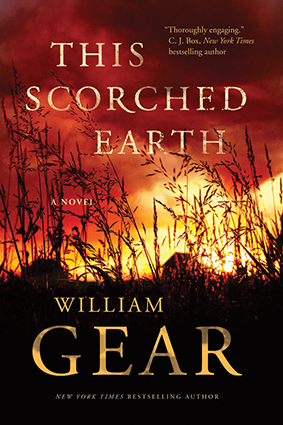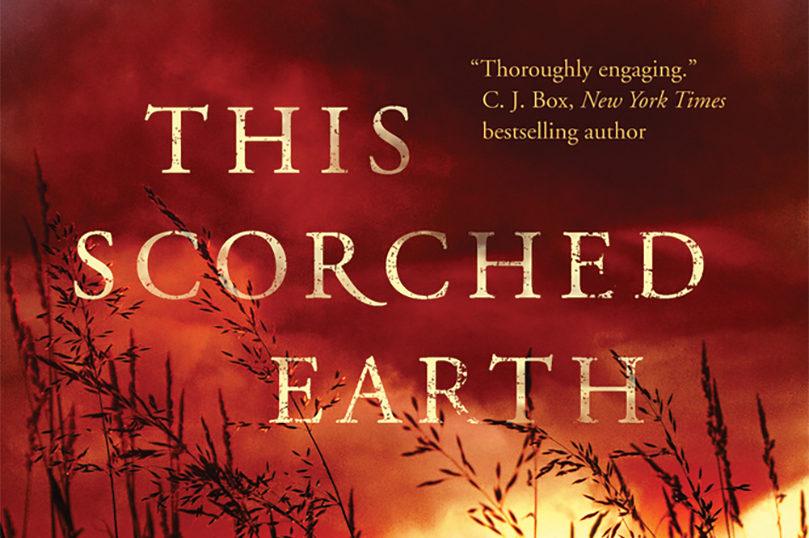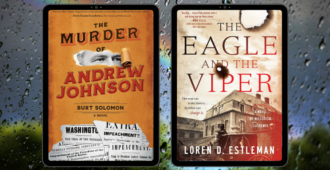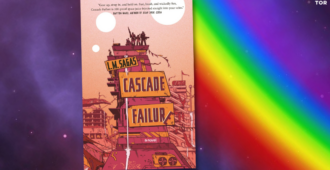 Written by William Gear
Written by William Gear
Fletcher’s line “I guess we all died a little in that damned war,” from the movie The Outlaw Josey Wales has always spoken to something deep within me.
I am an anthropologist by training, which gives me a unique perspective on “that damned war.” The American Civil War has been an obsession; I have spent countless hours in museums and on battlefields, walking the land, trying—as all archaeologists do—to experience it through the eyes of the people who lived it. For thirty years I’ve been working on This Scorched Earth in search of what that war cost ordinary people.
This is a story about young people who were thrown into the horrific maelstrom of that conflict. By 1865 the southern half of the United States was a wasteland, six hundred thousand people were dead, and another million and half maimed. But to understand the Civil War, we have to move beyond statistics, artifacts, battlefields, flags, and history books. The “truth” of the war was experienced in prison camps, broken bodies, abandoned farms, and among the refugees fleeing in the snow.
This Scorched Earth is a plea for humanity.
I chose to set the Hancock family home in Northwestern Arkansas. In 1860 the area was pro-Union, anti-slavery, and bursting with Yankee-like prosperity. Ironically it went Confederate because Lincoln called up volunteers to kill fellow Americans in South Carolina. While in Missouri, Quantrill, Bloody Bill Anderson, and Jim Lane’s raiders got better press, isolated Arkansans were so busy murdering each other they didn’t have time to worry about getting their names in the paper. By 1865 the entirety of Northwestern Arkansas was an abandoned and scorched ruin. The few refugees cowered in military farms protected from raiders by Union garrisons. How devastated? It would take one hundred and fifty years before Tyson’s and WalMart would finally return the area to anything resembling the prosperity it had enjoyed in 1860.
But the war is only half of This Scorched Earth. A wilderness of the psyche was left in the war’s wake. How does a traumatized human being put him or herself back to together? Where does a person begin to heal his or her broken mind? How does one start over? And where?
Does one choose damnation or redemption? For the Hancock siblings: Doc, Sarah, Butler, and Billy, the American frontier becomes a metaphor for the wilderness within. Texas, New Mexico, Montana, Wyoming and the Colorado gold strikes beckon. Raw, and capable of being shaped. Self-salvation, however, comes with a price. Sarah’s choices–as a woman–are limited by the Victorian age. Doc must reconcile dead dreams and his responsibility to care for his crazy brother. Billy can try to outrun and murder his nightmares. Lost in madness, Butler’s only hope lies in acceptance by a Native culture with a different definition of insanity.
Why read a Civil War novel in 2018? Once again our nation is fracturing. This Scorched Earth is a cautionary tale for those among us who dominate the headlines with hatred and vitriol and would propel us headlong into another maelstrom.
Order Your Copy
Follow William Gear online on Twitter, Facebook, and his website.












